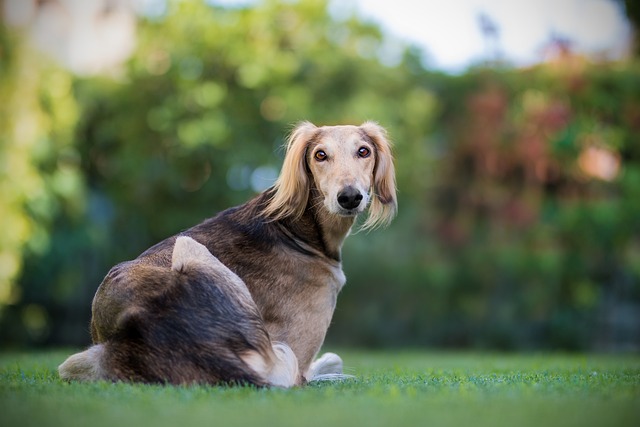
How do I choose the right dog bed?
Your dog spends roughly 12 to 14 hours a day sleeping, so picking a bed that fits their needs isn’t just a luxury—it’s a must for their health.
Many new dog owners stare at their lethargic pup with gastro and wonder: Is a walk a good idea, or will it make things worse? On one hand, you don’t want to leave them cooped up; on the other, seeing them lag or stop to vomit mid-walk feels heartbreaking. The answer isn’t a simple yes or no—it depends on how sick they are and how you structure the time outside.
From a health standpoint, gentle movement can help a dog with gastro, but only in moderation. When their gut is inflamed, intense activity (like running or long walks) diverts blood away from digestion, slowing healing and possibly triggering more vomiting or diarrhea. But short, slow walks—think 5 to 10 minutes—can stimulate gentle bowel movements (helpful if they’re constipated after meds) and prevent cabin fever, which adds stress. Stress, importantly, worsens gut issues, so a calm stroll can do more good than harm when timed right.
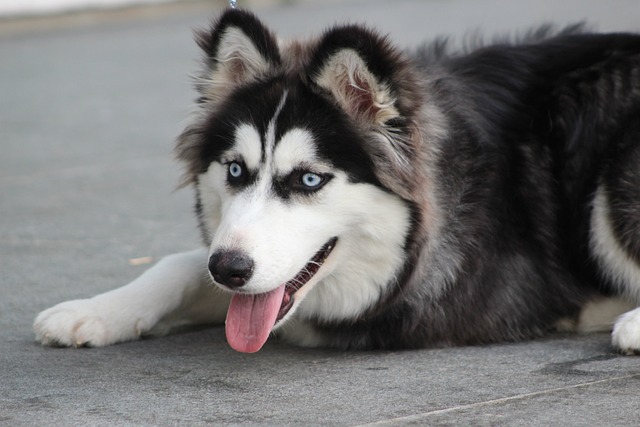 The key is to read your dog’s cues and keep walks low-key. If they’re too tired to stand or refuse to move, skip the walk—let them rest instead. If they show mild interest (like perking up at the door), head outside for a slow loop around the block, sticking to quiet, familiar areas. Avoid busy streets or dog parks—germs from other dogs could make their gastro worse, and crowds might stress them out. Bring extra poop bags too; diarrhea is common, and you’ll need to clean up right away to keep the area safe.
The key is to read your dog’s cues and keep walks low-key. If they’re too tired to stand or refuse to move, skip the walk—let them rest instead. If they show mild interest (like perking up at the door), head outside for a slow loop around the block, sticking to quiet, familiar areas. Avoid busy streets or dog parks—germs from other dogs could make their gastro worse, and crowds might stress them out. Bring extra poop bags too; diarrhea is common, and you’ll need to clean up right away to keep the area safe.
It’s also important to follow local rules and prioritize your dog’s comfort. Most areas require cleaning up after your pet, but with a sick dog, it’s even more critical—gastro-related waste can carry bacteria or viruses that harm other animals or humans. If your dog has an accident inside (which might happen if they can’t hold it), clean it with an enzyme-based cleaner to remove odors—this prevents them from using that spot again once they’re better. And never push a tired dog to walk more than they want; positive reinforcement (like praise for making it outside) is better than forcing them, which could damage trust.
Walking a dog with gastro is all about balance—knowing when to let them rest and when a short stroll will help. You’ll probably have days where they barely make it to the mailbox, and that’s okay. The goal isn’t to stick to your usual routine; it’s to support their recovery. With time, as their energy comes back, you can gradually lengthen walks until you’re both back to your normal pace. Until then, be patient, keep things calm, and let their body guide you—they’ll thank you for it.

Your dog spends roughly 12 to 14 hours a day sleeping, so picking a bed that fits their needs isn’t just a luxury—it’s a must for their health.

When your anxious Labrador, Bailey, gets stressed during thunderstorms in your downtown apartment, administering CBD oil effectively becomes crucial for both effectiveness and safety.
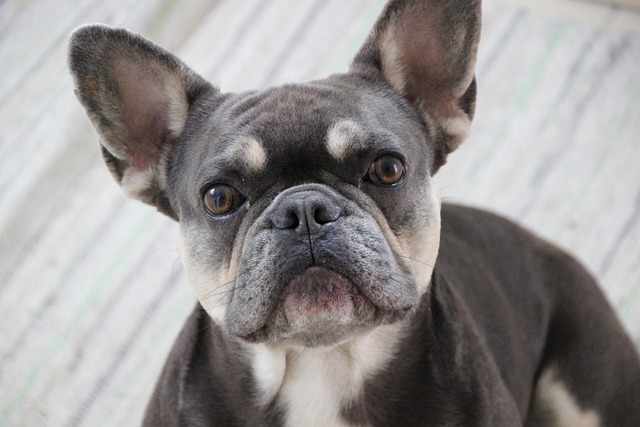
I sprinted to my friend’s yard last Saturday when she yelled—her 4-year-old Pug, Daisy, was lying on the concrete, tongue hanging out, and her gums looked bright purple.
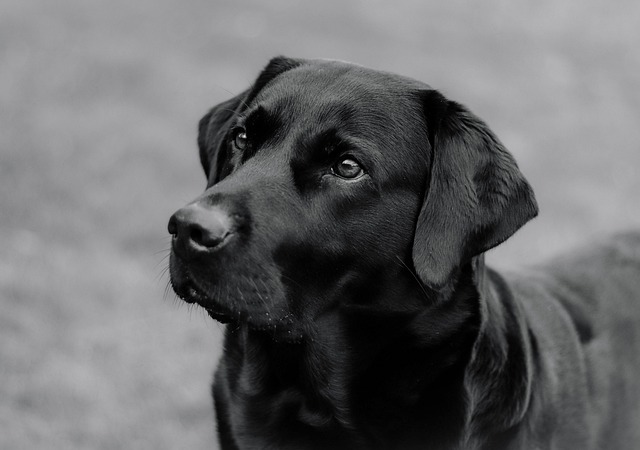
Choosing the right spot for your dog to rest goes beyond just picking a soft surface—it’s about creating a safe, cozy space that fits both your pet’s needs and your daily life.
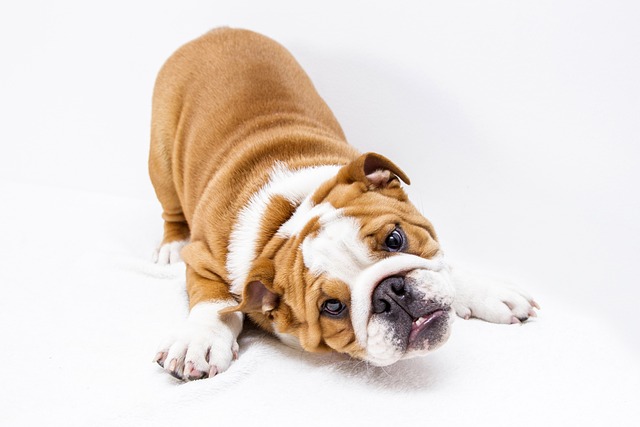
I sat with my friend Clara in her apartment last weekend, as she sneezed for the third time while her 1-year-old cat, Mochi, curled up on her lap.
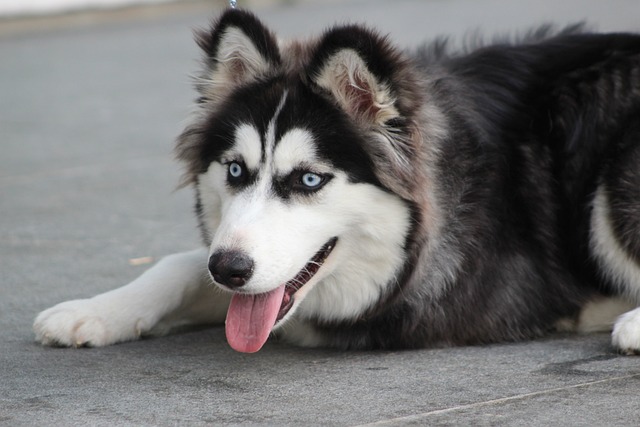
Many new dog owners stare at their lethargic pup with gastro and wonder: Is a walk a good idea, or will it make things worse? On one hand, you don't want to leave them cooped up; on the other, seeing them lag or stop to vomit mid-walk feels heartbreaking.